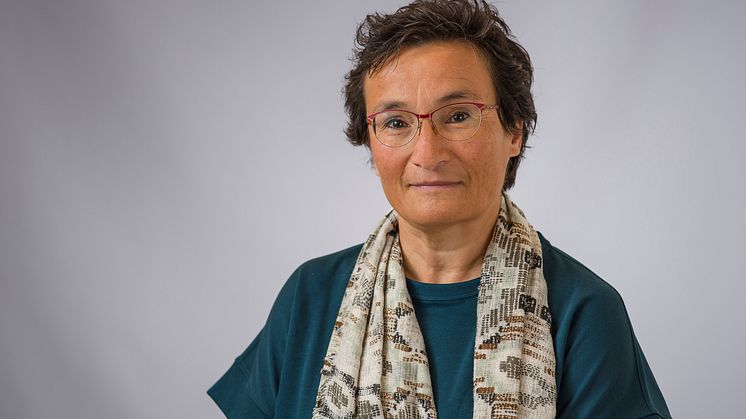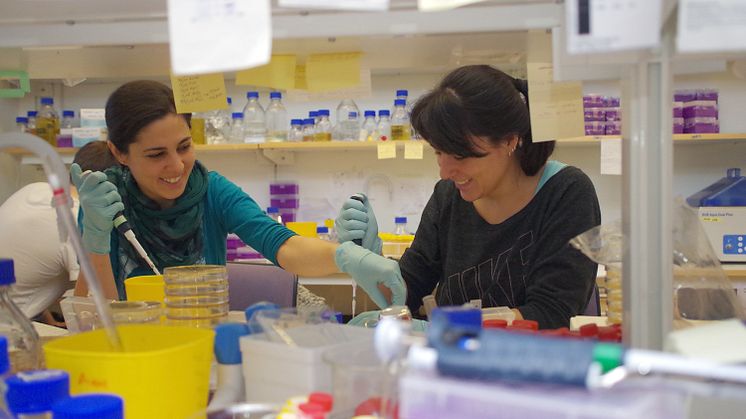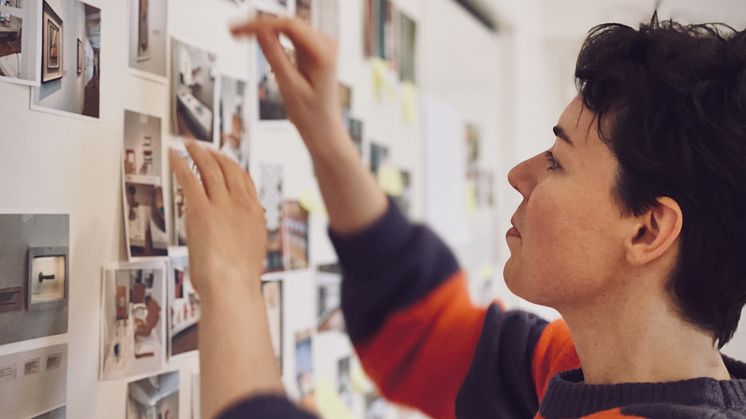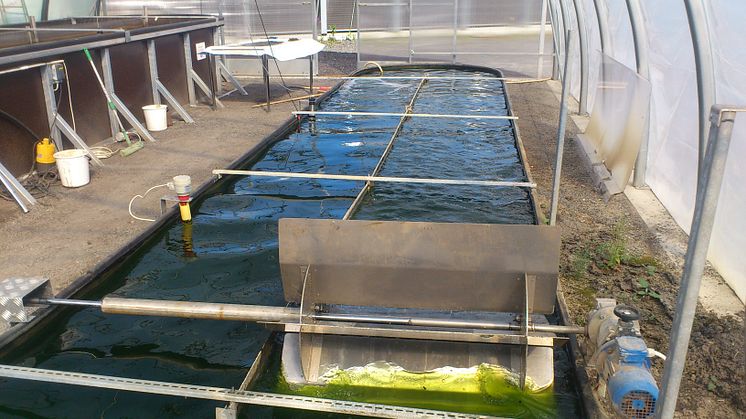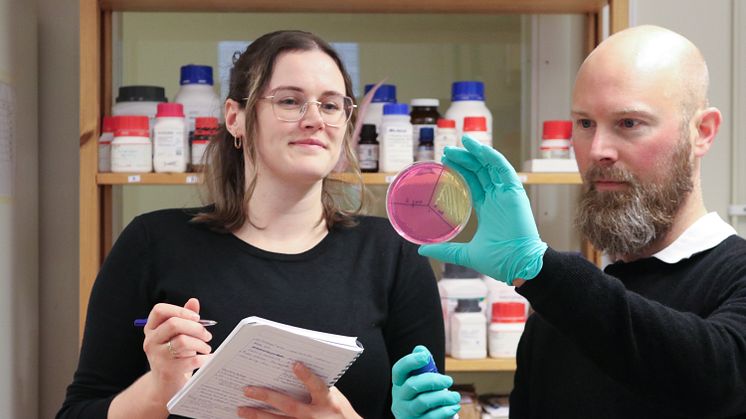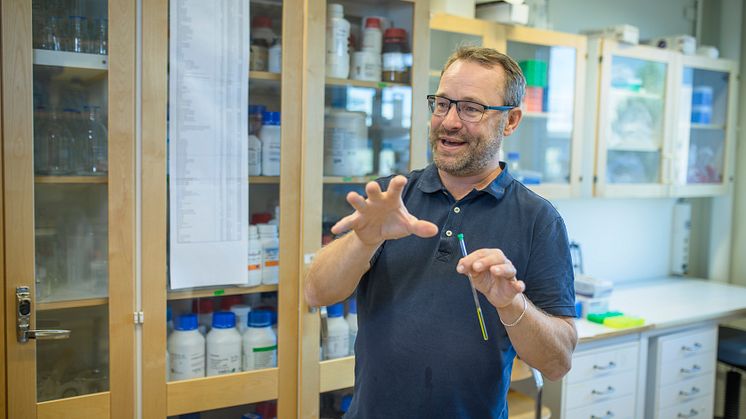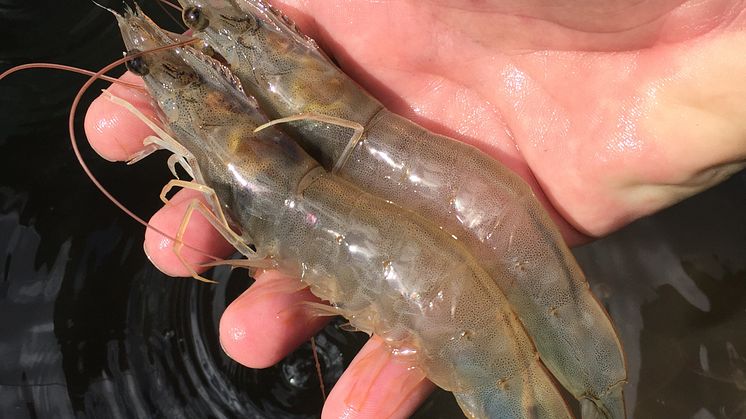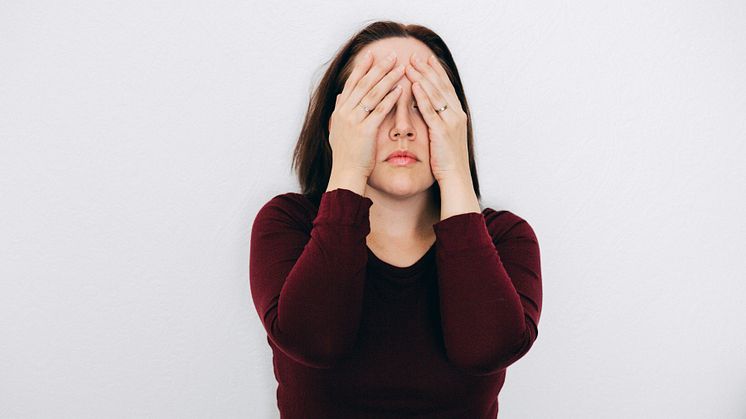Umeå University is a comprehensive university and one of Sweden’s largest higher education institutions with around 38,000 students and 4,600 staff. We have a diverse range of high-quality educational programmes and research within all disciplinary domains and the arts. Umeå University is also where the groundbreaking CRISPR-Cas9 gene-editing tool was discovered, starting a revolution in genetic engineering that led to the Nobel Prize in Chemistry.
The University has an international atmosphere and centres its work around core academic values. Our tightly knit campus makes it easy to meet, collaborate and share knowledge, something that encourages a dynamic and open culture where we celebrate each other’s successes. Umeå University prides itself in offering a world-class educational and research environment and expanding knowledge of global significance, where the sustainable development goals of Agenda 2030 inspire and motivate. We have creative and innovative research environments that offer the best potential for taking on the challenges facing society. Through long-term collaborations with organisations, industry and other higher education institutions, the University is helping northern Sweden become a knowledge region. The societal transformation and the massive investments currently occurring in northern Sweden create complex challenges but also opportunities. Umeå University is focused on conducting research about and within a society in transition and continuing to offer academic programmes for regions that need to expand quickly and sustainably.
Campus Umeå and the Umeå Arts Campus are close to the city centre and next to one of Sweden’s largest and most renown university hospitals. Education is also provided in several other towns, including Skellefteå, Örnsköldsvik, Lycksele and Kiruna. Umeå University is home to the highly ranked Umeå Institute of Design, the environmentally certified School of Business, Economics and Law, and the School of Architecture, the only one in Sweden with an artistic profile. Next door is Bildmuseet, which is Umeå’s contemporary art museum, and Curiosum, Umeå’s science centre. Umeå University is one of Sweden’s five national sports universities, has an internationally leading Arctic Research Centre, and has Várdduo, which is Sweden’s only research unit for Sámi research and indigenous research.

